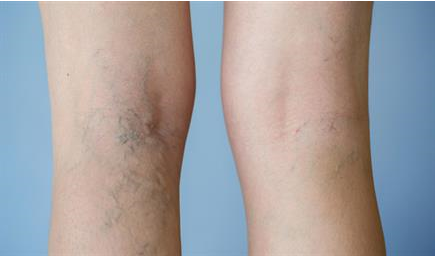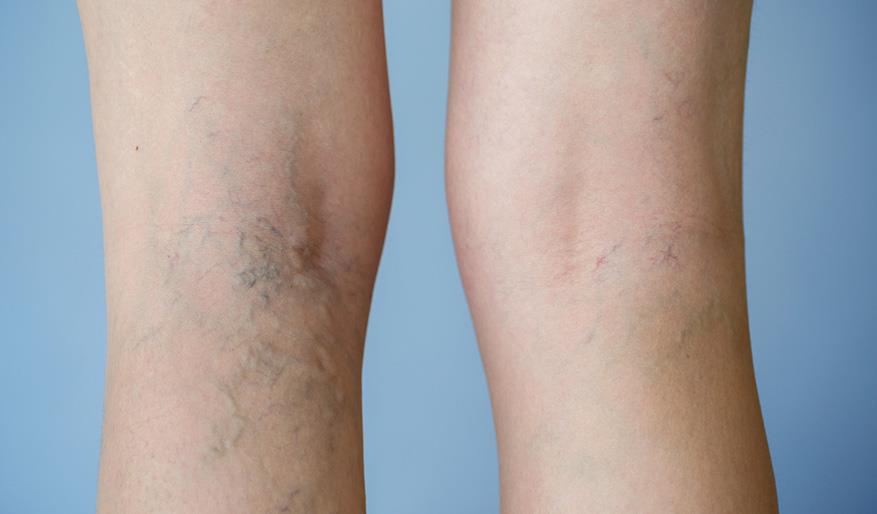Our Doctors
Meet all the doctors from Cleveland Clinic Abu Dhabi.
View Doctors
Find out some of the causes and treatments for varicose veins

As we age, it’s fairly common to develop varicose veins - purple, enlarged, bulging or twisted veins which appear at the skin’s surface, typically on the legs and ankles.
Generally, varicose veins and spider veins are not a cause for concern, but can be a cosmetic issue for some. Cleveland Clinic Abu Dhabi podiatrist, Golnar Prudhomme, MD explains the causes, treatment options and preventative measures relating to varicose veins.
Veins have valves that keep the blood flowing in the direction of the heart. If the valves are damaged or weakened, the blood flows back, pooling in the vein and causing it to enlarge or swell. The veins in legs have to work harder to pump blood back to the heart, which is one of the reasons why varicose veins are more common in legs.
Factors such as gender, age, genetics, obesity and jobs that involve lots of standingor sitting for long periods of time, sedentary lifestyle can also increase the likeliness of developing varicose veins.
While the appearance of varicose veins can be unattractive, it doesn’t necessarily mean treatment is required. However, if you experience any pain, swelling or skin discoloration in your legs – particularly if these symptoms come on suddenly, you should seek medical advice. A vascular specialist will be able to determine if and how your varicose veins should be treated.
There are a variety of treatment methods depending on the severity of the condition:
Varicose and spider veins develop for many of us as we age due to a number of unavoidable factors including family history, being overweight, or spending long periods of time sitting or standing. As a result, it’s difficult to prevent the onset of the condition, however, it is possible to slow down existing varicose veins from becoming any worse through:
If you think you have varicose veins, arrange a consultation with a vascular specialist for diagnosis and to discuss your treatment options.